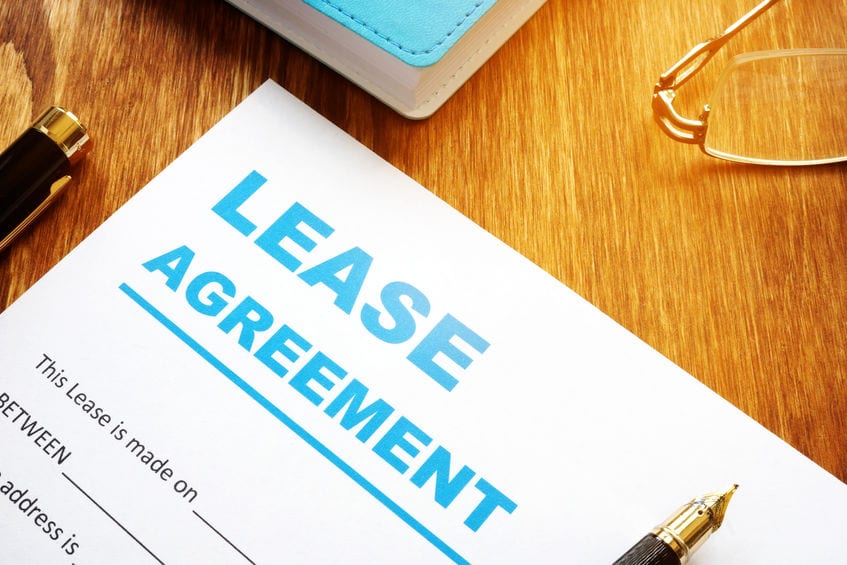Mark Clark - April 16, 2020 - Business Law, Contracts, Coronavirus Legal Issues

Whether a lease payment may be excused due to COVID-19 is one of the most discussed topics in business today. Tenants are concerned about defaulting on a lease. Landlords are concerned about defaulting on a mortgage or loan. Those who are scheduled to receive government grants or loans may be able to buy some time before defaulting, in the case of landlords having flexibility in negotiating lease amendments with a tenant, but eventually you may be having a discussion as well concerning the enforceability of your commercial lease with your lawyer.
Generally, payments under a lease are not excused unless there is a clause such as a force majeure clause often labeled as such in your lease. Force majeure clauses generally allocate risk between landlord and tenant as a result of some unanticipated disaster which frustrates the purposes of the lease or makes it otherwise impossible to perform. Force majeure clauses come in many shapes and sizes and so you should look for language in your contract that speaks to the type of incident covered by COVID-19 pandemic. If your force majeure clause does not use the term pandemic there may by other language broad enough to incorporate a pandemic event. A force majeure clause allocates risk so you should also determine whether a force majeure event excuses or obligates your performance under the lease.
There may be other less obvious clauses in your lease that may indirectly allocate risk in the event of an unforeseen disaster such as whether the lease is for a specified purpose made impossible due to the COVID-19 crisis. If you are in an area where there is a lockdown order that suggests the premises are not habitable for your commercial purposes based on the lockdown order or you are simply precluded from occupying the leasehold premises by governmental order there may be provisions in your lease that may excuse or continue to obligate you to pay rent. Which party is responsible for insuring or maintaining habitability is often addressed in your commercial lease.
There are other factors that may also be in play in assessing continued occupancy of a commercial building where a tenant simply can’t pay rent for a period of time due to COVID-19 aside from simply moving forward with eviction. Is your market likely to produce an alternative tenant? Will your lender excuse mortgage payments that would allow a landlord some flexibility in restructuring lease payments to a tenant in default?
Before jumping into a dispute, Landlords and tenants of commercial leases should review both their leases carefully to determine their respective rights and obligations under the lease as well as practical and potentially non-legal issues in assessing your options for maintaining or terminating your commercial leases during the COVID-19 pandemic. From there, notice requirements, venue and jurisdiction issues and practicalities amidst coronavirus should be considered. Just because state or other Orders may limit residential lease evictions, commercial lease evictions are handled differently.
Given the number of companies relying upon co-working providers such as WeWork, it is worth mentioning that similar considerations apply. While a commercial lease may not be implicated, what is known as a Membership Agreement is. There are similarities and differences, but for the most part the goal should be the same: analyze the Licensor (i.e. the Landlord) rights against those of the Licensee or Subscriber (i.e. the Tenant). Ultimately, a determination as to whether the membership agreement may be excused will require comparable analysis to that of a commercial lease. One need not be a co-working attorney to advise on the same.
If you are a party to a commercial lease and payment becomes an issue because of the coronavirus, or any pandemic for that matter, you should, at a minimum, do the following: